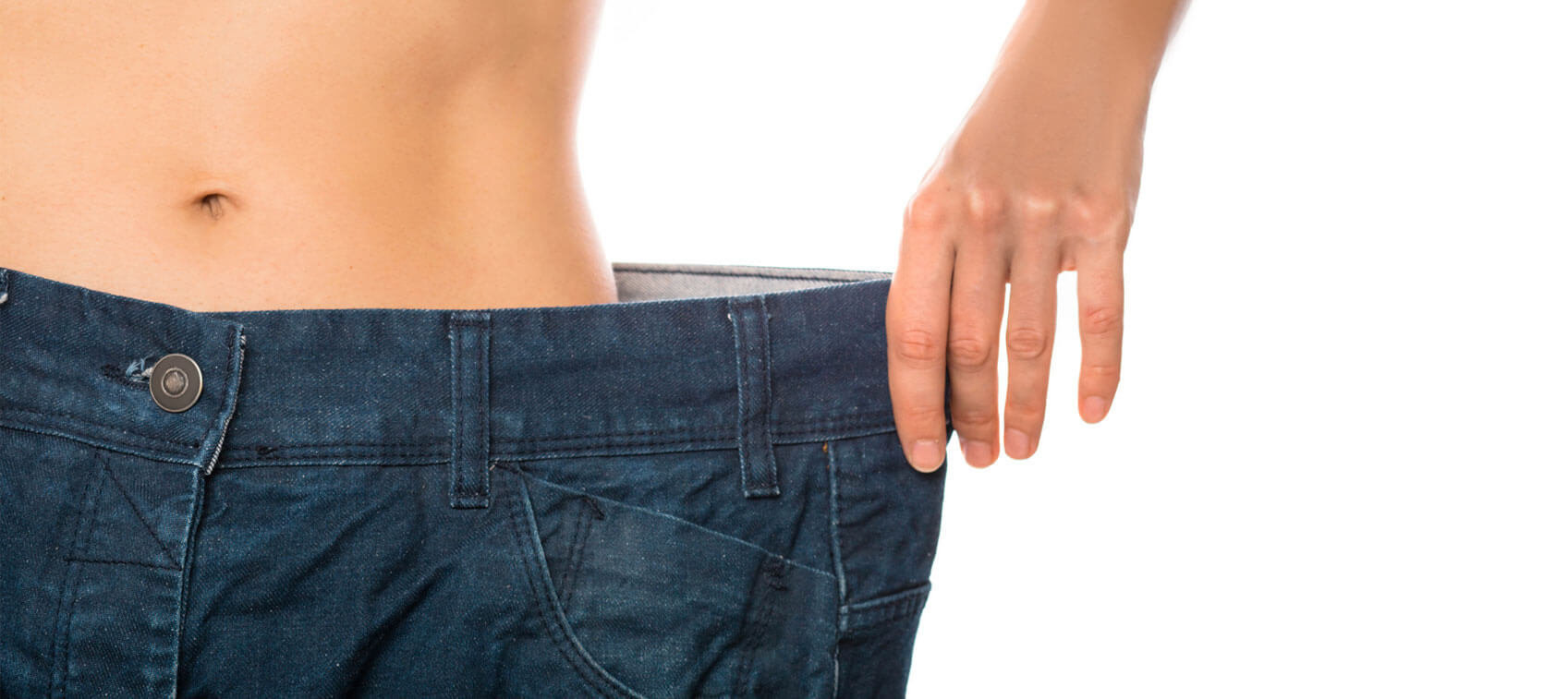
I’m constantly stressing the importance of gut microbes—the bacteria and other organisms that live in our intestinal tract. Now an increasing amount of research has linked our gut bacteria to obesity.
In an early study, 87 overweight individuals received 100 grams of fermented milk twice a day. The milk consumed by half the group contained the strain of bacteria called Lactobacillus gasseri. After 12 weeks, those individuals lost an average of 2.2 pounds—and there was no weight loss in the other group. The treatment group lost 4.6 percent of their visceral fat (fat around the stomach) and 3.3 percent of their subcutaneous fat (fat just under the skin). Their hip circumference was reduced by almost ¾ of an inch and their waist went down by just over ½ inch. For doing nothing else, this is pretty remarkable.
More recent research is showing that the link between good gut bacteria and weight loss is even more fascinating.
I’m sure you’re well aware that bariatric surgery (gastric bypass surgery, banding, stapling, etc.) is touted as one of the most effective methods of treating obesity, as well as diabetes, hypertension, and heart disease. Research, however, suggests that a gastric bypass patient’s weight loss isn’t caused by the stomach not being able to hold as much food, but rather because the surgery changes the types of microbes in the gut.
Following these surgeries, patients typically feel less hungry, they fill up more quickly, and they burn more calories while they are at rest. This can result in losing as much as 75 percent of their excess fat. It’s obvious that there’s a change in the metabolism of the patients, but the real question remains: What causes it?
It turns out, the types of bacteria in the guts of obese individuals differ compared to those in thin individuals. These surgeries are known to change the types of microbes. But until now no one really knew whether the microbes in gastric bypass patients changed because they got thin, or if the patients became thin because the microbes changed.
In the study, after performing gastric bypass surgery on about a dozen obese test animals, researchers observed the characteristic loss of body fat, and it stayed off even when the animals were fed a diet that should have resulted in weight gain.
Researchers then took fecal samples from these animals and performed fecal transplants on another group of non-obese animals that were specially bred to not have any gut flora. Fecal transplants help reestablish a healthy population of microflora in guts that are lacking in these beneficial bugs. This second group of animals lost 5 percent of their weight in just two weeks, without any changes in their diet. This was considered a significant amount of weight loss because typically, these sterile-gut animals always gain weight when they are given any type of gut flora.
When researchers took a more in-depth look, they found that following gastric bypass surgery, there was a decrease in intestinal pH and an increase in bile acid concentration. (It also appeared that there might have been some hormonal changes as well.)
The correct pH is necessary for the digestion of protein, and bile acid is required to assimilate fat—and both are necessary for energy production. The primary reason we even consume food in the first place is to obtain energy. And when your body senses that the available energy is less than ideal, it tries to stabilize matters by storing fat.
Our bodies are always trying to reach a state of energy homeostasis, or balance. This occurs when the energy derived from food intake balances energy expenditure. But studies have shown that an excess of energy intake by less than 1 percent compared to daily energy expenditure leads to an increase in body weight and metabolic complications.
In simple terms, if you eat more calories than you burn, you gain weight. And the point that has been largely overlooked is that the less efficient your body is at converting food into energy, the more you have to consume to stay alive. When you overeat or eat incomplete foods, your body stores any excess as fat.
Make Your Body's Digestive Process More Efficient
If you want to lose excess fat and maintain proper weight, one of the keys is to make your body as efficient as possible when it comes to extracting energy from the foods you eat. There are a few steps you can take to make that happen.
First, consume nutrient-dense natural foods like nuts, seeds, beans, avocados, dairy products, eggs, and meat, which provide high nutritional value and energy, as well as satiety.
Second, take digestive enzymes. Our digestive enzyme production declines as we age and, again, this decreases our ability to extract energy from food. If you’ve had your gallbladder removed, you’re even more disadvantaged than most when it comes to properly digesting fats, essential fatty acids, and fat-soluble vitamins. You need to be taking bile salts with each meal and continue on them for life.
Third, research further illustrates how the bacteria in our bowel play a major role in making us even more energy efficient. We know that the bacteria in our gut extracts, or harvests, energy from dietary compounds like fiber, which we ingest but can’t digest. Human digestive enzymes can’t break the bonds of dietary fiber, but the bacteria in the bowel can.
Gut bacteria ferment fiber into short-chain fatty acids like butyrate that protects against colon cancer. Other fatty acids protect against inflammatory bowel disease and the resulting increase in intestinal permeability. They also influence pancreatic enzymes, appetite, immune function, and carbohydrate metabolism, just to name a few other functions.
How to Improve Gut Bacteria for Weight Loss
All of this begs the question, “Can you actually lose weight and help keep it off simply by changing the bacterial flora in your gut?”
And yes, that actually appears to be the case. But don’t expect to take a single probiotic supplement and get the same effects as a gastric bypass. The human body is far too complex for that to occur.
Every year we learn more about the role of specific bacteria in the colon and exactly what they do. Specific probiotics in combination with fecal transplants could turn out to be a natural, noninvasive way to lose weight and actually cure a lot of the problems that are so common today.
But for new bacteria to get established and flourish, the environment within the gut must be changed as well.
Here are some steps, short of gastric bypass, that you can take to improve your gut bacteria for lose weight:
- Balance your energy intake with the energy you burn. If you’re using aerobic exercise exclusively to lose weight and body fat, you need to concentrate more on weight lifting and building muscle. Increasing muscle tissue is one of the fastest and easiest ways to burn more energy. Muscle tissue burns calories 24/7, even while you’re at rest.
- Balance your thyroid using a natural iodine supplement and a natural thyroid glandular. Hypothyroidism, which is directly responsible for slower metabolism, is one of the most common conditions in our society.
- Consume nutrient-rich foods and avoid processed and nutrient-deficient, sugar-rich foods. And keep in mind, artificial sweeteners are just as bad as sugar. They fool your body into thinking blood sugar levels have increased and trigger many of the same detrimental reactions. They give the sensation of sweetness without the satiety, which leads to cravings and increased food consumption.
- Minimize or avoid using prescription and over-the-counter drugs. They change the body’s internal environment and disrupt normal gut bacteria.
- Don’t underestimate the potential benefits of digestive enzymes, fermented foods, and the regular use of a quality probiotic supplement combined with proper diet. The more efficient your body becomes at extracting the necessary nutrients from the food you eat, the less food you will consume.


